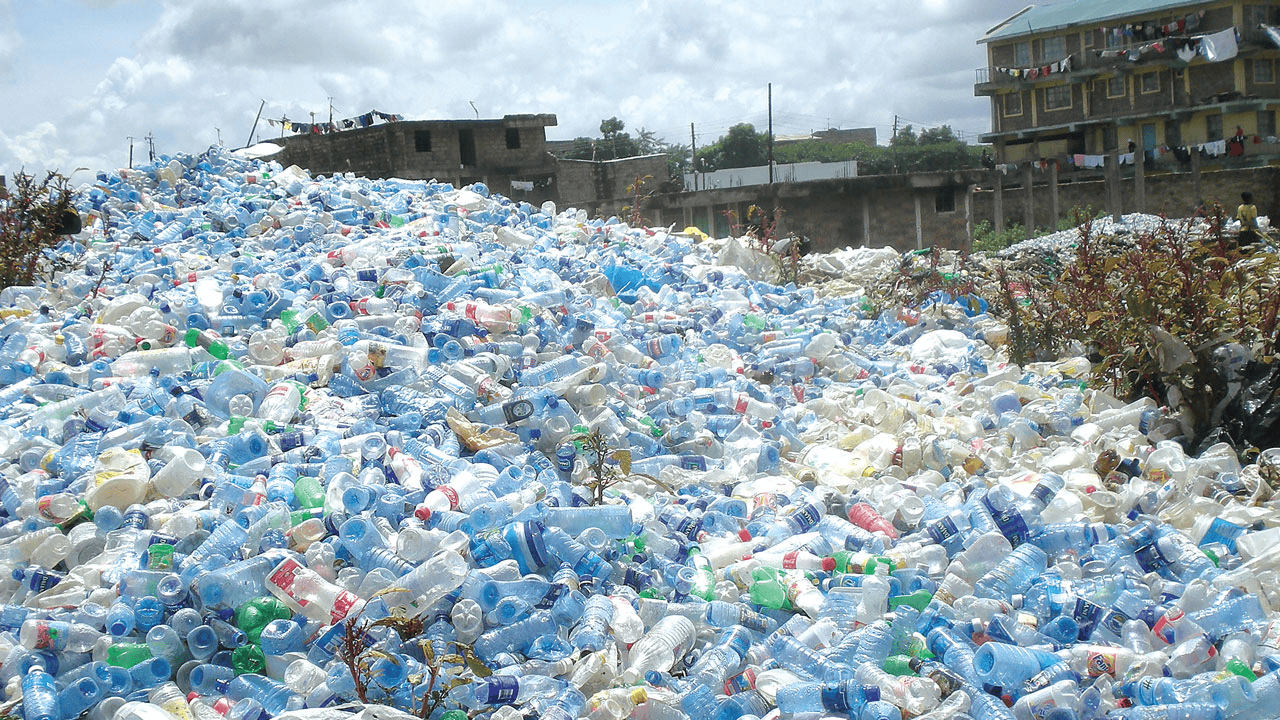China has unveiled its ambitious plan to launch thousands of satellites into low-Earth orbit, aiming to provide broadband internet services to millions of people worldwide.
However, the project will face a formidable challenge from SpaceX’s Starlink, which already dominates the market with about 55% of functioning satellites in orbit.
China’s broadband satellite project, known as Guowang or GW, was announced in September last year when the country submitted filings to the International Telecommunication Union for two constellations totaling 12,992 satellites.
These satellites will operate at various altitudes and frequencies, offering coverage from 500 to 1,145 kilometers and inclinations between 30 and 85 degrees.
To oversee the construction and operation of the constellation, China established a new state-owned company called China Satellite Network Group Co. Ltd.
Unlike China’s main space contractors, this independent company suggests the involvement of other state-owned enterprises and commercial space companies.
While China has launched test satellites, including GalaxySpace’s Yinhe-1, the specific details of the project, such as timeline, budget, target users, and marketing strategy, remain undisclosed.
In contrast, Starlink, developed by Elon Musk’s SpaceX, has gained a significant advantage.
With over 2,000 satellites already launched since 2019, Starlink aims to deploy up to 42,000 satellites, offering high-speed, low-latency, and affordable internet access worldwide.
Starlink’s advantages include its head start in the number of operational satellites, a global customer base, and regulatory approval in numerous countries, including the US, Canada, Australia, Germany, and the UK.
Additionally, Starlink boasts a lower cost structure, stronger innovation capability, and a trusted reputation compared to China’s state-owned project, which could face political and security concerns from some nations.











